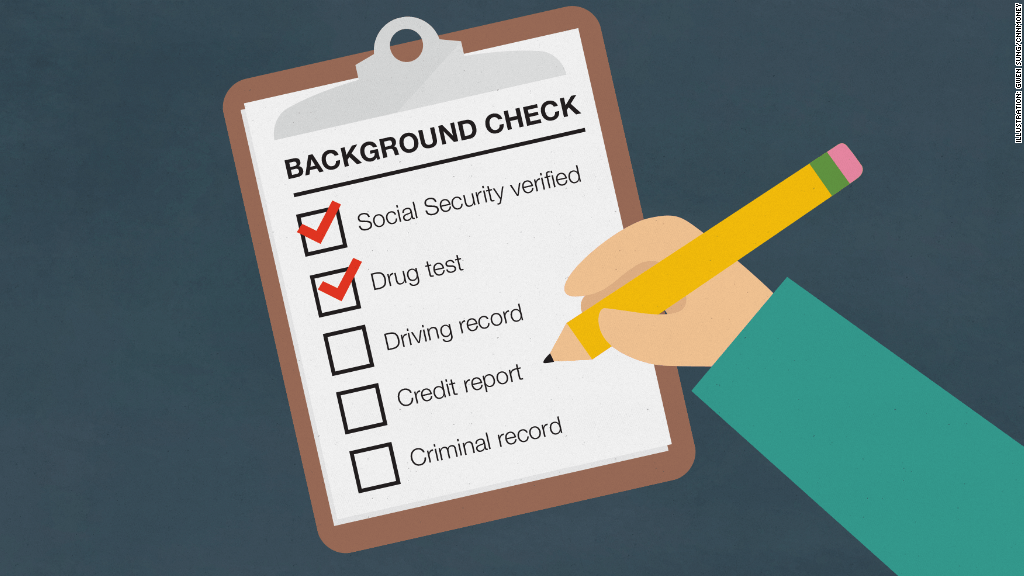What Can Go Wrong With My Background Check?
Something went terribly wrong. You applied for a wonderful job, had a great interview and felt sure that you would be offered the position. Unfortunately, you don’t hear back, so you call the employer and find out that you failed your screening. You’re confused because you are well-qualified, have excellent references and have never been in trouble. Your background report apparently had errors that caused the employer to pass on your application.
Funny things can go wrong with background checks so it’s very important that you monitor what employers might see. About 69 percent of all employers conduct criminal background checks for all jobs according to the Society of Human Resources. The National Consumer Law Center reports that background-check companies often mismatch the reports of people who have similar names, report information that was supposed to be sealed or expunged and misclassify minor crimes as felonies.
Plenty of things can go wrong in routine background checks Including the following:
• Mistaken Identity
You can be confused with someone in your family, someone who has a similar name or someone who used to live in your home or apartment.
• Reporting Errors
Reporting companies make mistakes or enter the wrong information for employees.
• Identity Theft
Unknown identity theft is probably the most common thing that can unexpectedly damage your background check. You need to monitor your credit to avoid surprises.
• Employer Mistakes and Misconduct
Employers often report facts inaccurately or maliciously — especially if you went to work for a competitor or left because of the employer’s shortcomings.
• Reporting Irrelevant Or Unauthorized Information
Employers or reporting companies might be too aggressive in their investigations. Both federal and state laws limit information that can be included on background checks, but companies often don’t comply.
• Old Credit Information
Credit information might be outdated. There are strict limits on how long certain defaults, bankruptcies and other financial reports can be kept. If you’ve moved on and established good credit, don’t let lingering reports continue to damage your reputation.
• Misinterpretation Of Public Reports
Public reports, arrests for crimes you didn’t commit and youthful indiscretions can appear on background checks for sensitive positions.
• Carelessness on Social Media
Employers often search social media to get further information about you. If you were incautious, posted compromising pictures or vilified ex-bosses, your actions could jeopardize your career search.
There are many ways that background checks can cause unfair consequences. The best strategy for dealing with valid negative information is revealing it to potential employers proactively and explaining why the information is no longer relevant. If you’ve been arrested or convicted of a crime, explain the circumstances.
The best strategy is to be proactive and not reactive. You can do this by running a background check on yourself so that you can find out exactly what employers will see. If there is incorrect information in your background check, there are several ways that you can get the information corrected. If a background check reveals unflattering information, you can come up with a strategy for dealing with the situation.
